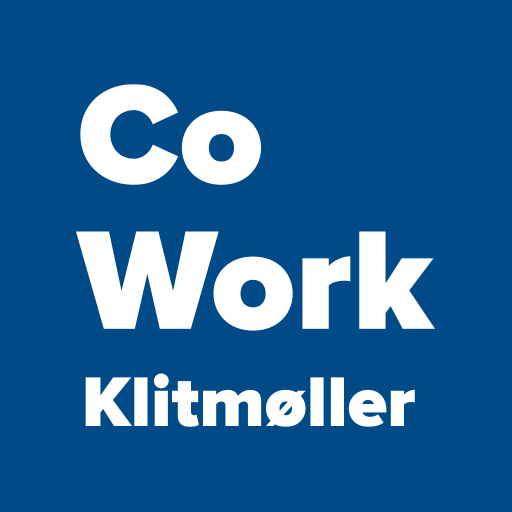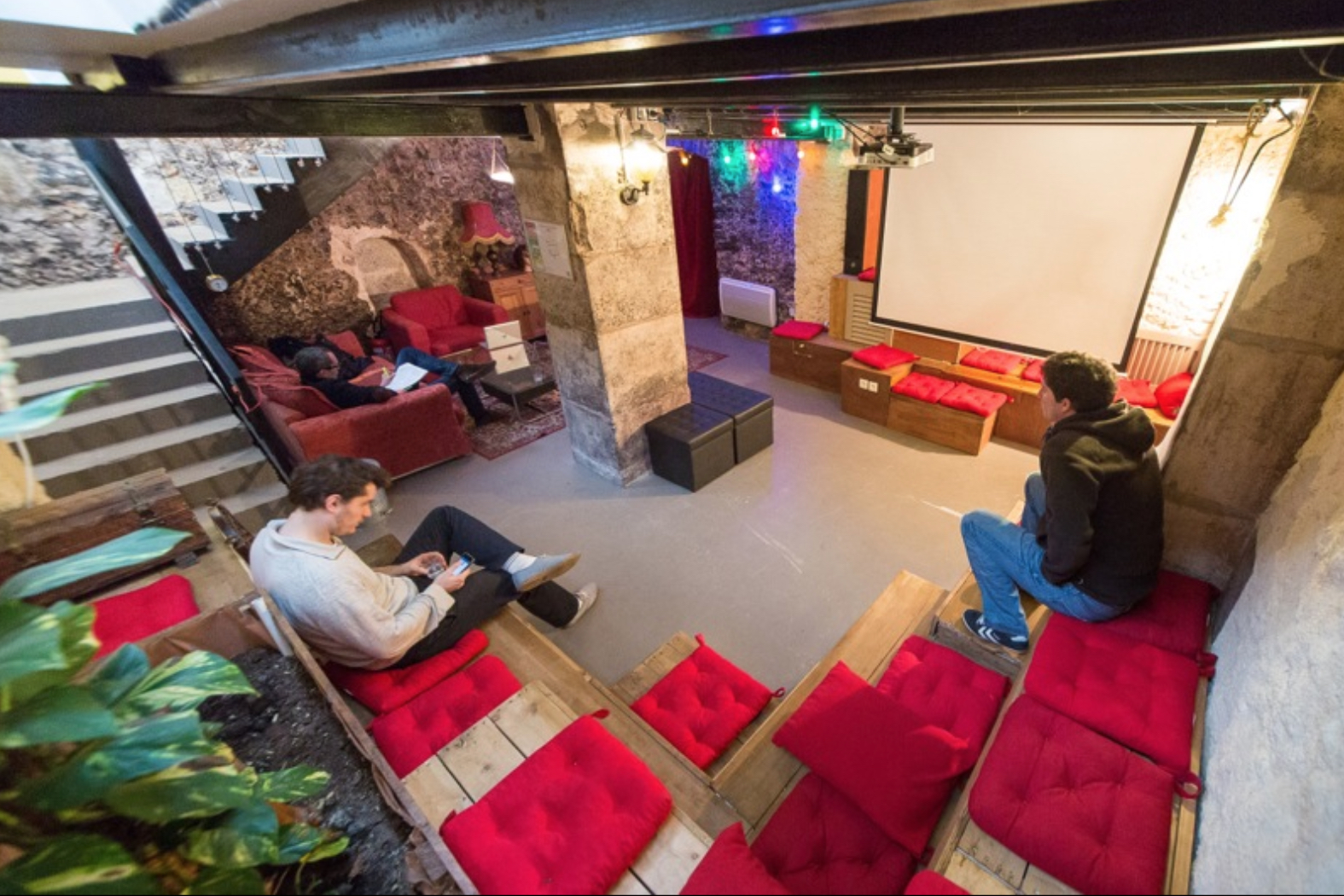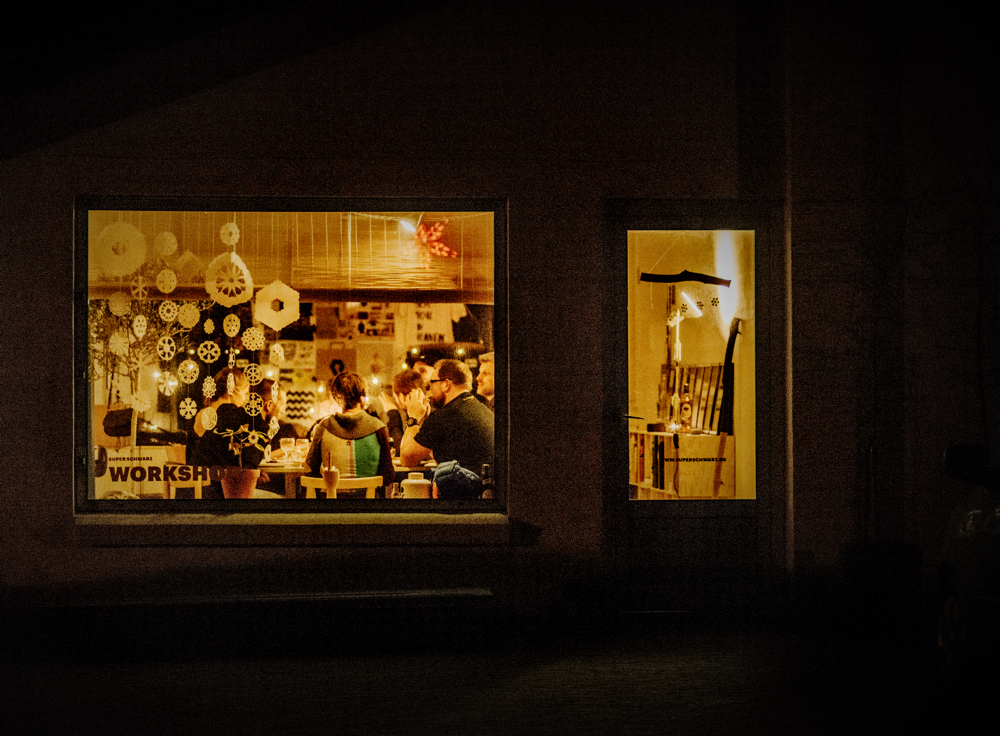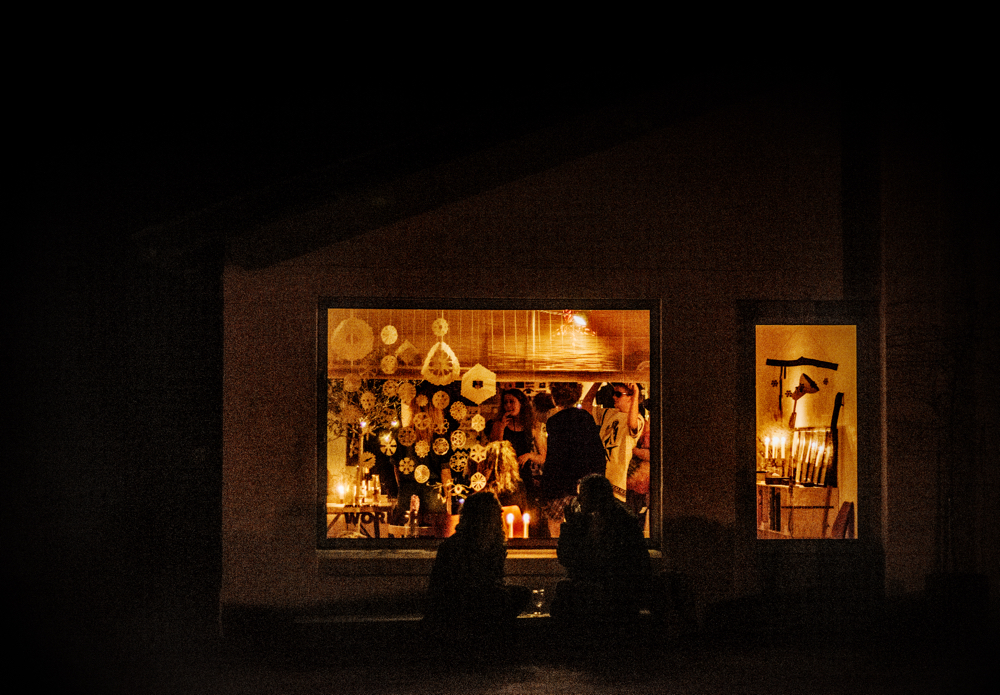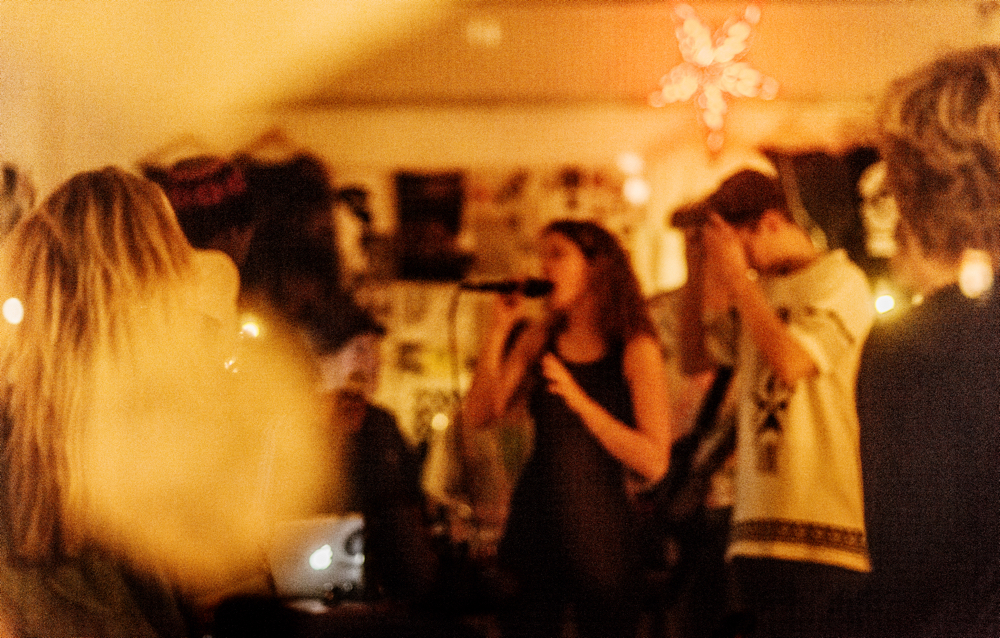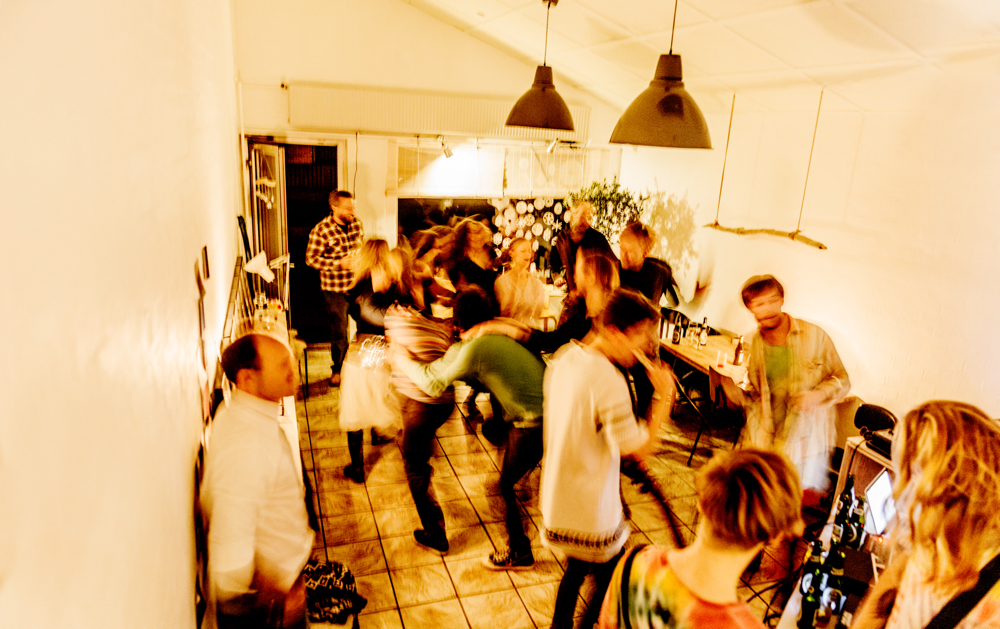When I attended the Coworking Europe 2014 Conference, I met Doris Schuppe. Doris describes herself as a digital pioneer, mobile enthusiast and now coworking host. I soon fell into conversation with her as it turned out that we were working on similar coworking projects.
Whereas our place is in Klitmøller, Cold Hawaii, in the (relatively) high north, she, along with her partner, began a coworking adventure in Southern Europe. Doris has been kind enough to share their story with us. Here it is:
///
To understand why we're starting a Rayaworx Coworking at Mallorca, you've got to know two things about me.
First, I like riding my bike, a BMW F800 GS, together with my husband, who rides a Ducati Multistrada. Before moving to Mallorca, we were living in Munich and so were blessed with winding roads in the Alps near at hand.
However, as soon as the snow melts, the roads become crowded. For us, this was overshadowing our joy of driving, which increasingly was becoming frustrating to us. In 2012, we found ourself at a point where we wanted the change that could revamp the joy.
Second, when I started working as a solopreneur again in 2010, coworking soon became my favourite way of meeting new faces and getting something done. I disliked the isolation of having just my own office and was fed up with the ups and downs of a shared office.
In 2013, we had to cancel our planned motorcycle tour to the Pyrenees. Instead, we decided to go to Mallorca. We had been there several years ago and found it quite nice. We rented motorcycles and booked some tours with Mallorquin Bikes.
During the talks with other tour members, I realised that moving to Mallorca could both restore our joy of driving and support my passion for coworking. We could have great times on our bikes, exploring the roads in the Tramuntana Range and do business by offering coworking (and a stable Internet connection, which still is hard to find in rural Mallorca) as a service to expats and travelers alike.
After having convinced my partner, we worked for a few days on the concept and finally – as a first test – presented the concept to the owners of the motorcycle rental company. They immediately liked the idea, and well, for some reason, it gave us the courage to continue, and we haven't looked back ever since.
Lots of preparations later, in October 2014, we moved to Mallorca and founded our Spanish company. In February 2015, our 185-square-metre coworking space opened its doors in southeast Mallorca, in Santanyí, Bernat Vidal i Tomàs 43, 07650 Santanyí, just 4 km from the beach in Cala Santanyí.
Santanyí is also the name of the municipality; it truly is a gem and a very beautiful place. The area covered by the municipality extends around 35 km along the southeast coast of the island. It encompasses a variety of beaches popular for their scenic beauty.
It also holds a large number of archaeological sites — 172 — evidence of the existence of a productive agricultural tradition since at least the Talaiotic Period. Santanyí is also home to a protected natural area, the Mondragó Natural Park. The area is great for outdoor activities, except for surfing. To surf, you have to drive to other areas of the island.
There's still some bits and pieces we need to take care of before we can open our space. When that happens you'll not only have a nice place to cowork, you'll also have free access to bicycles. On hot days, the Cala Santanyí beach is only 15 minutes away. So you go, take a swim, and go back and work again. Not bad for a Monday at the office? Follow us to stay up to date.
Our target groups are solopreneurs and digital creatives and/or nomads who want either to extend their vacation in Mallorca or to stay there for a while before moving on. Furthermore, we target agencies and project groups and invite them to use our place as a nice retreat where things get done. Finally, we target German- and English-speaking residents lacking a good Internet connection.
To this day, I can't tell whether this will work as planned. But I am pleasantly surprised by the positive feedback of friends and acquaintances; our new contacts in Mallorca are excited as well. They like the coworking concept and the idea of working off-site with a fresh sea breeze, sunshine, and delicious Mediterranean food. It's a new kind of vacation; you can travel to the area and the climate you would like to be in and still get things done and meet new faces and business opportunities.
Maybe some of you guys will come around to escape the winter? I would be delighted.
///
Well, Doris, you surely have awakened our interest. We at Cowork Klitmøller wish you good luck. See you out there — on the roads and at the digital frontiers, and again thank you for sharing your story with us.
